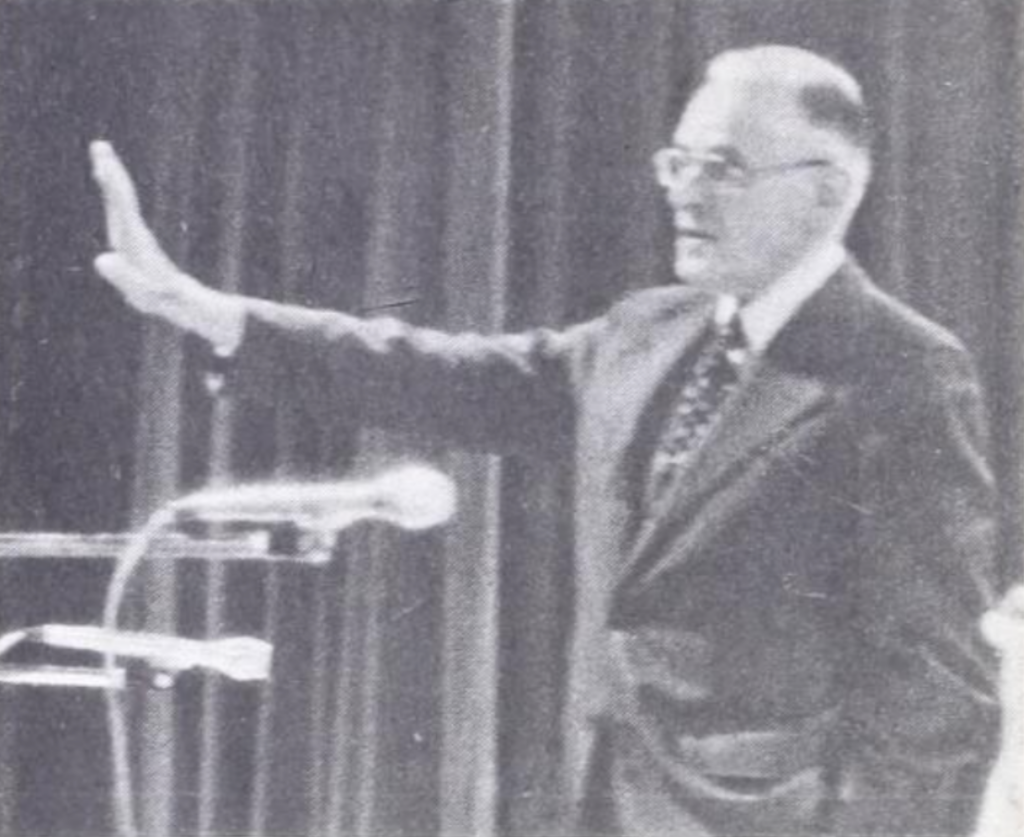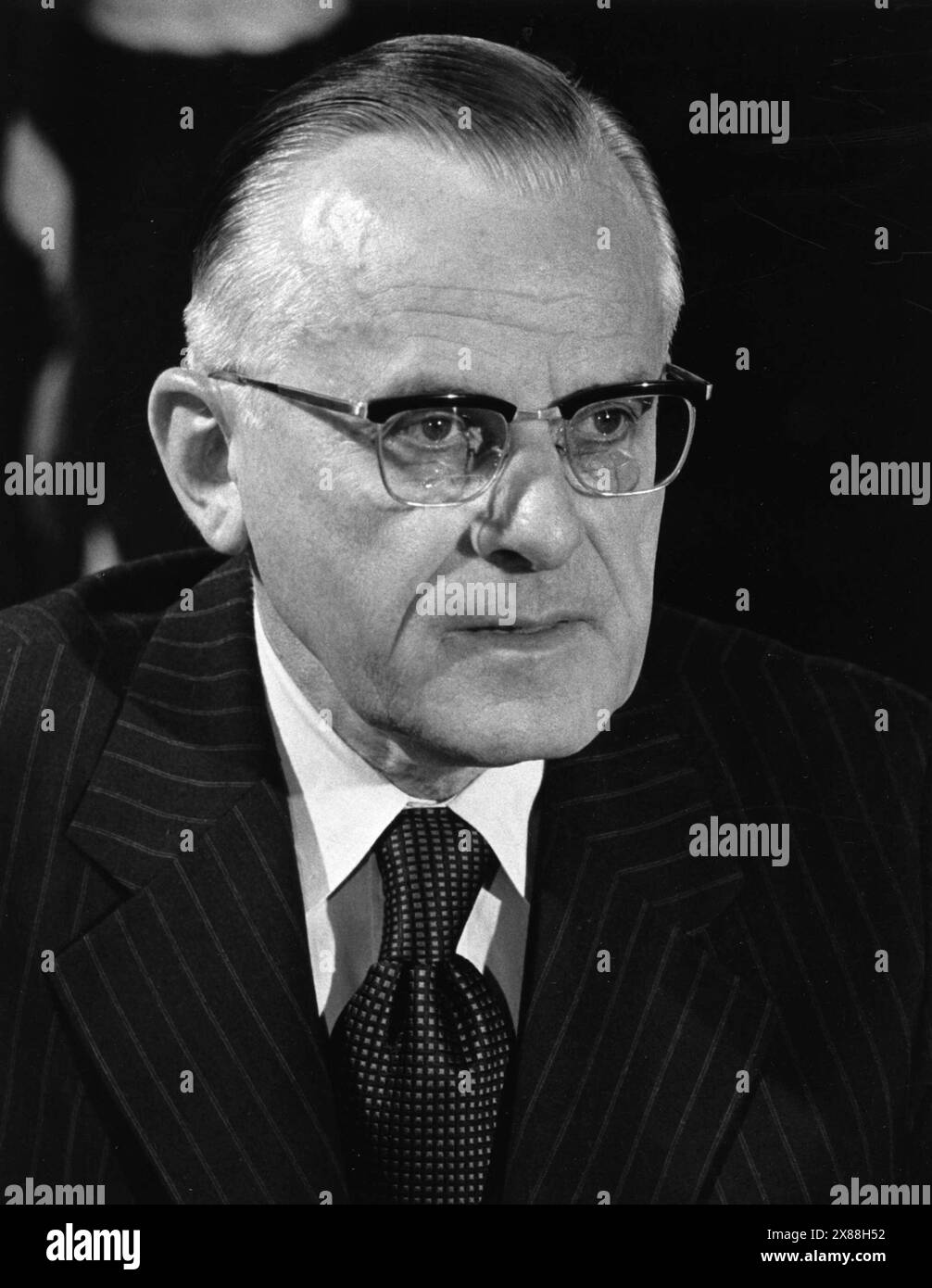Reference



OpenAI's Answer
Earl Butz, who served as U.S. Secretary of Agriculture under Presidents Richard Nixon and Gerald Ford, is often seen as a symbol of excess and industrial agriculture due to his policies and approach during his tenure.
Symbolism of Excess:
- Promotion of Overproduction: Butz is widely known for encouraging American farmers to "plant fence row to fence row" and to "get big or get out," pushing them towards maximizing production. This led to significant surpluses of commodities like corn, which in turn drove down prices and led to an increased use of these cheap ingredients in processed foods.
- Economic Policies: His free-market policies aimed to boost agricultural outputs and income through high-yield farming. By promoting the idea that farmers should produce as much as possible and rely on global markets to sell their surpluses, Butz contributed to an agricultural model that prioritized quantity over quality or sustainability (source).
Symbolism in Industrial Agriculture:
- Shift from Small Farms to Big Agriculture: Butz's policies favored large-scale, industrial farming operations, marginalizing smaller, family-run farms (source). This led to the consolidation of farming into fewer, larger enterprises, which could more easily adopt new technologies and practices that increased efficiency and yields.
- Environmental Impact: By encouraging monocultures and industrial-scale farming techniques, Butz’s policies also indirectly promoted practices that have been critiqued for their negative impact on the environment, including soil degradation, loss of biodiversity, and increased use of chemical fertilizers and pesticides (source).
Cultural Depictions:
Authors like Michael Pollan in "The Omnivore's Dilemma" have discussed Butz's role, explaining how his policies led to an overabundance of cheap corn, which catalyzed the rise of the processed food industry and the omnipresence of corn-based products in the contemporary diet (source). This era marked a significant shift towards the industrial food system we see today, heavily reliant on a few staple crops produced in massive quantities.
Images:
Here are some relevant images of Earl Butz that reflect his influence and tenure:



In summary, Earl Butz's tenure as Secretary of Agriculture is often seen as a turning point that drove American agriculture towards an era of agribusiness, characterized by the prioritization of large-scale production and efficiency, often at the expense of smaller farms and environmental sustainability.
Follow Up
Related
What impact did the Agricultural Wages Bill have on the Horkey tradition?
How do agricultural fires and hurricanes impact the Maya Golden Landscape?
How does AGROVOC contribute to interoperability and reusability in agricultural data management?
Why is agriculture no longer the primary economic activity in the Carolinas?
What is the purpose of the Agricultural Information Management Standards (AIMS) website?